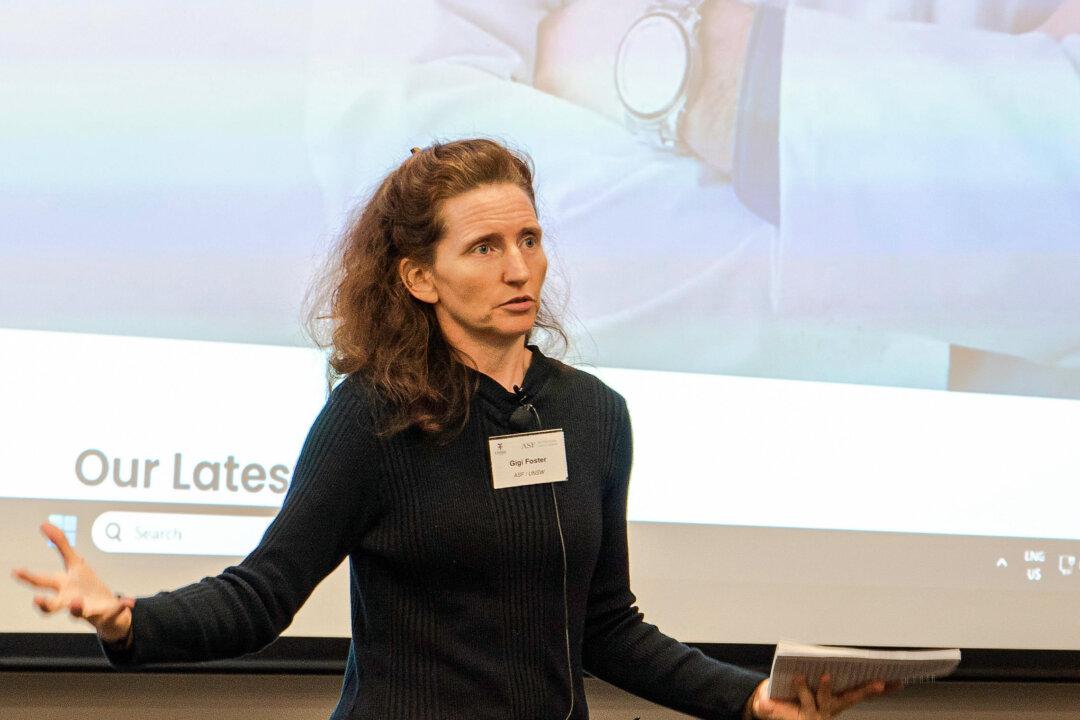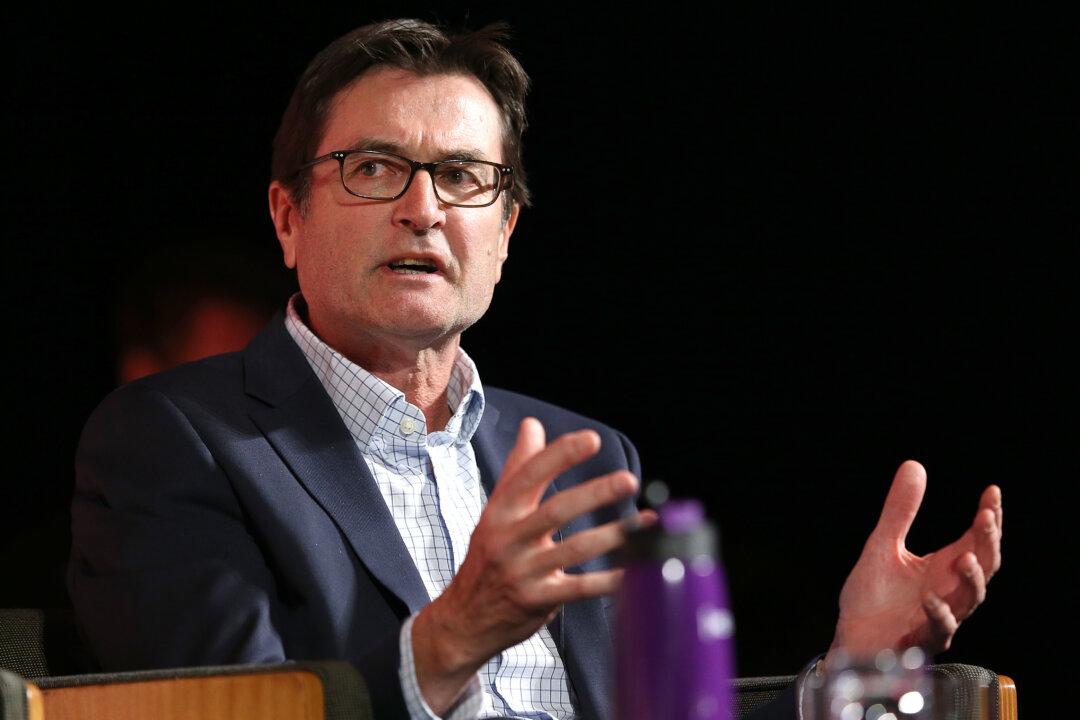SYDNEY, Australia—Gigi Foster, an economics professor at the University of New South Wales (UNSW), believes the COVID-19 era revealed how critical it was for dissenting voices to organise and mobilise themselves.
In an interview with the Epoch Times at the Australians for Science and Freedom (ASF) Conference—Ms. Foster explained what motivated her to co-found the event.





